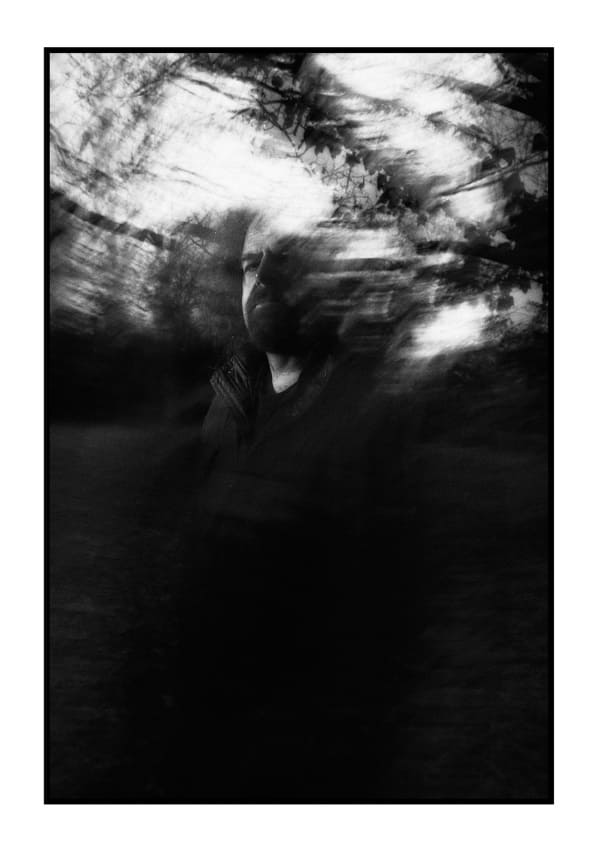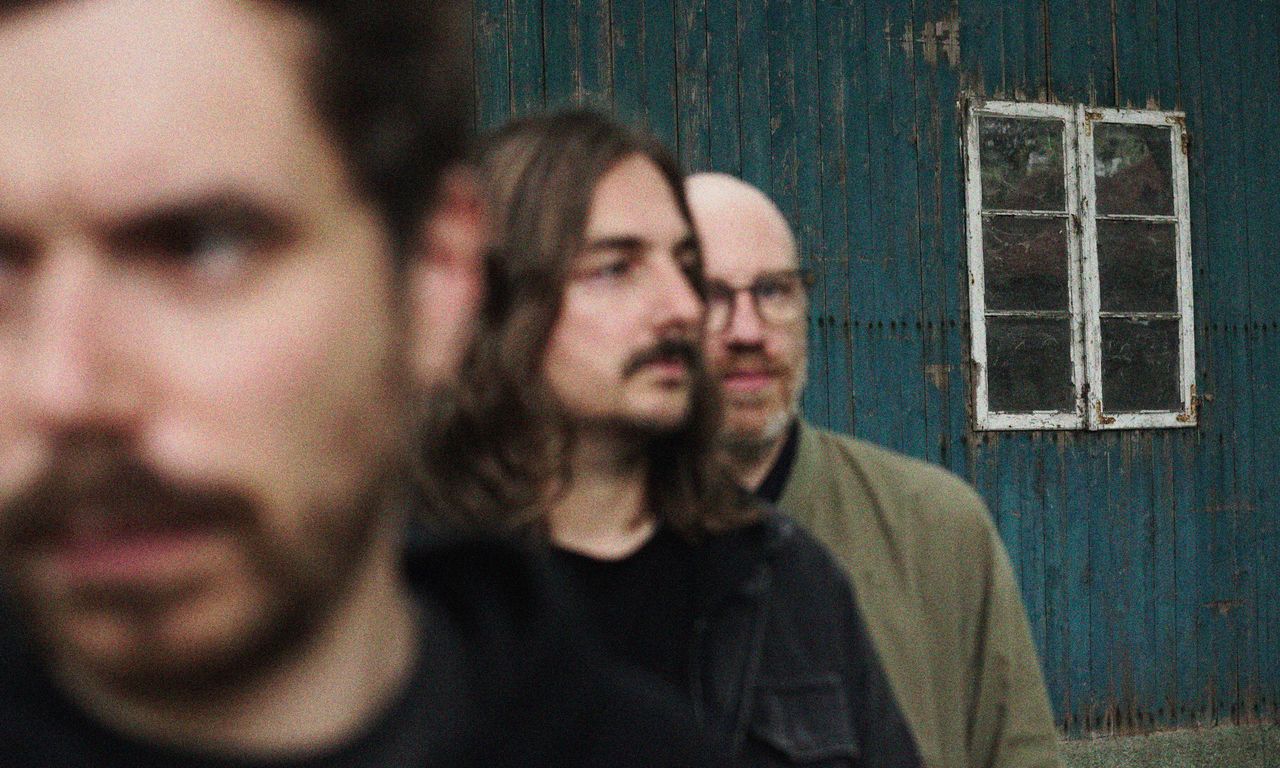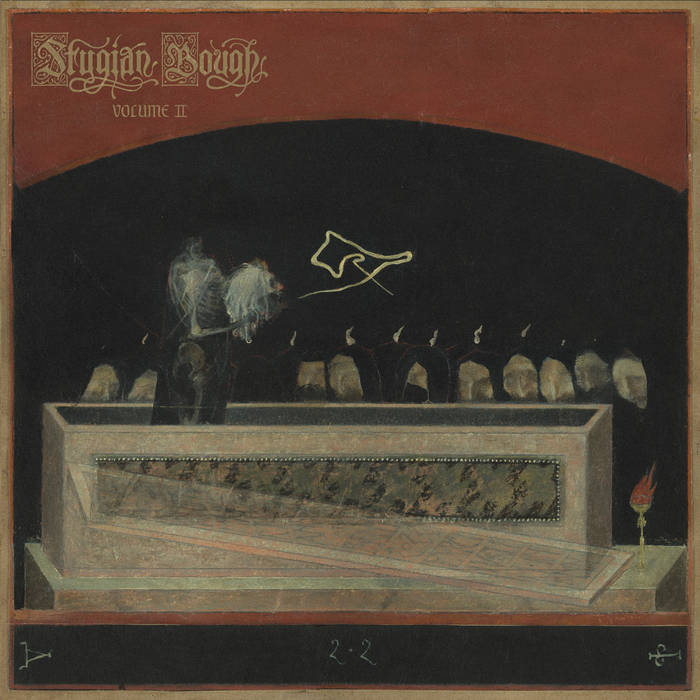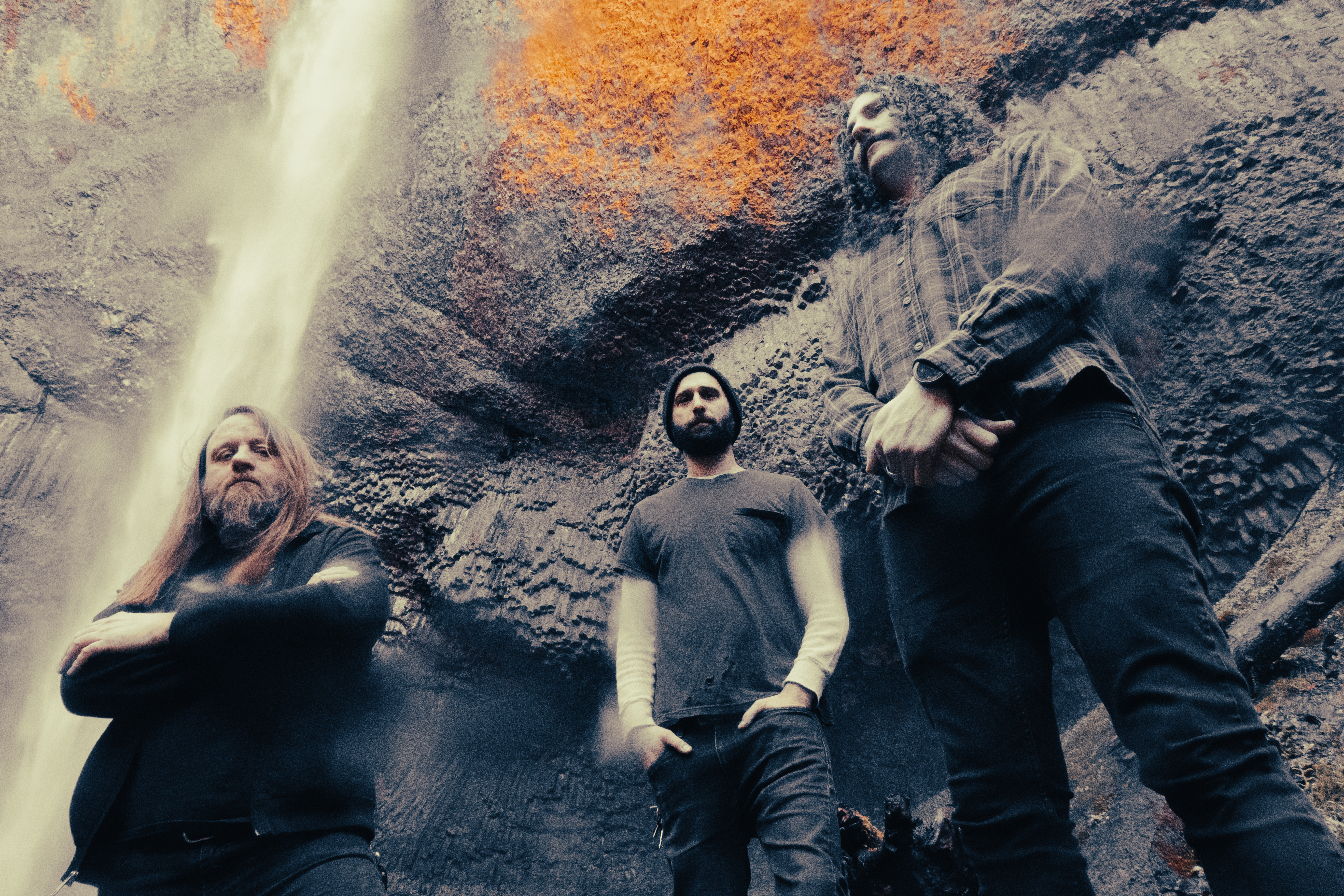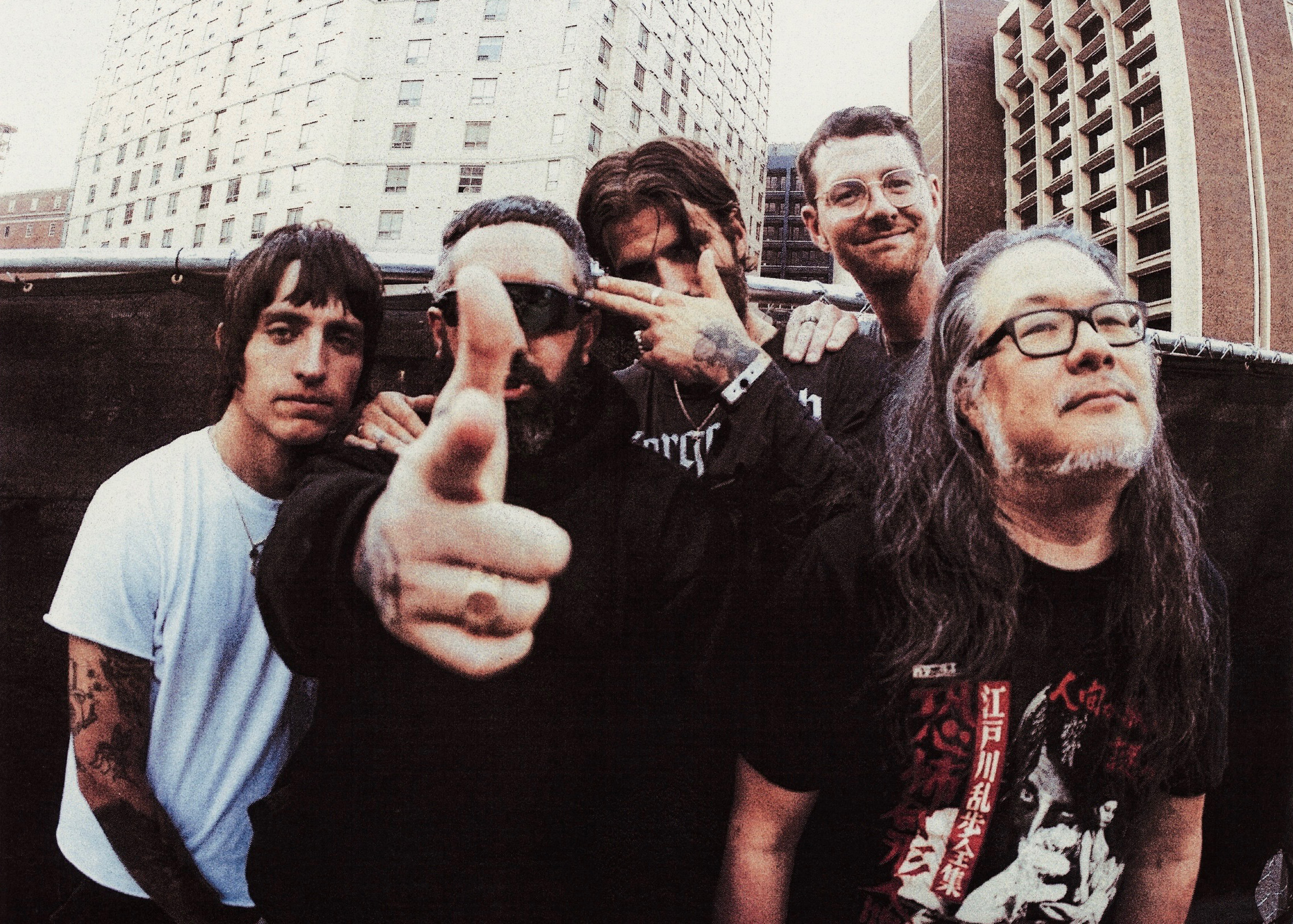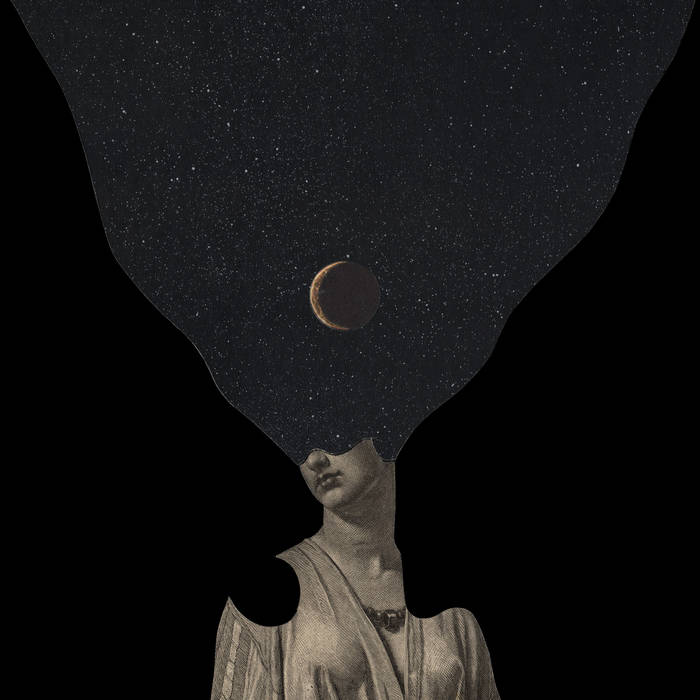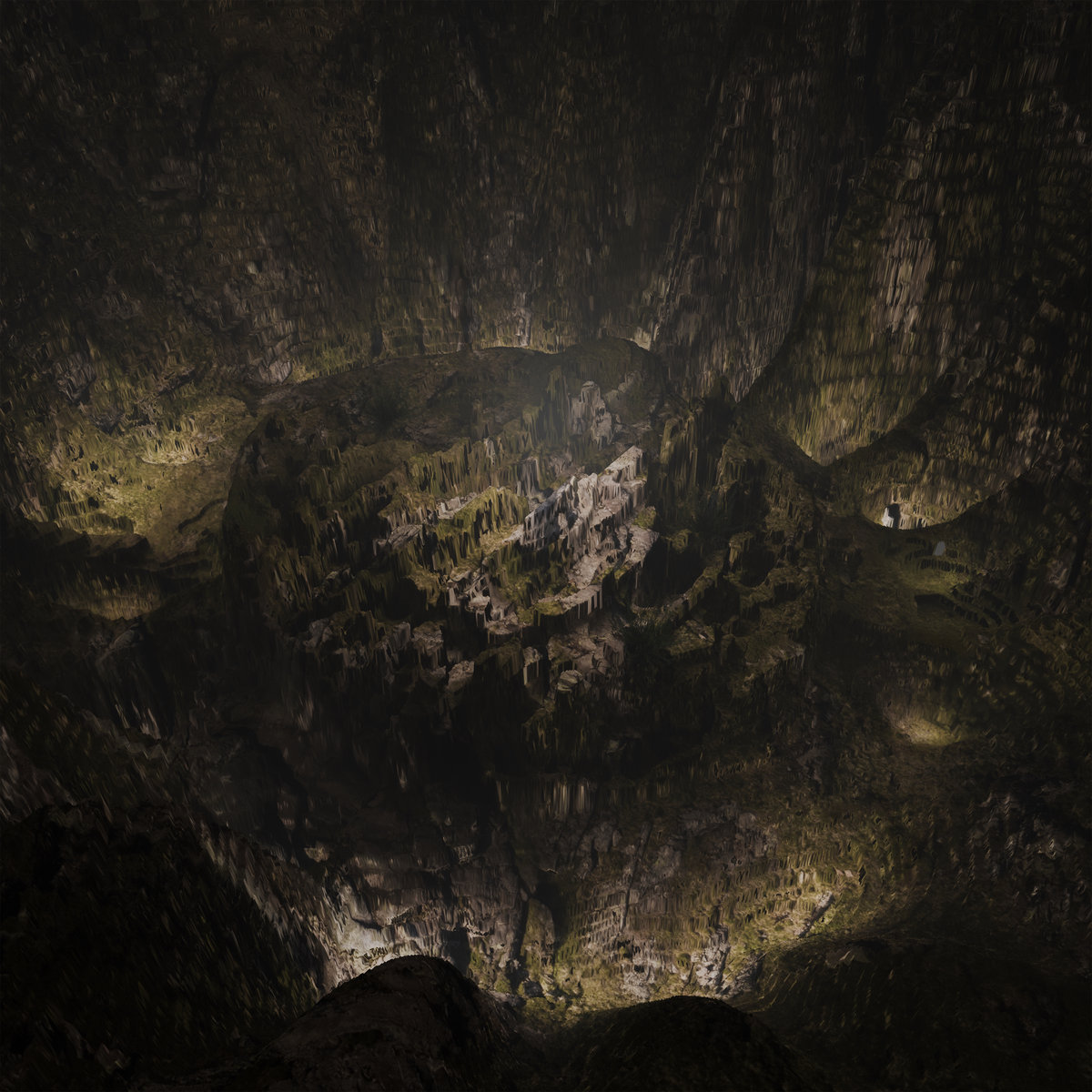As shadows slowly crawl across the worn skene of the Theatre of Dionysus, shifting the rays of the sun into low and heavy swirls of clouds, we witness the foreboding scene unfold — etched by Föhn in the ephemeral stage.
The second outing by the Athens outfit, Condescending finds Föhn in a certain manic flight between the scaffolds of the arena and the turbulent drag of the Aegean. “Bereft” opens with the stomp of a 200 ton golden jackal, violently screeching into the sky in the form of the sax. The repeating tread breaks into an anthemic lead, giving way to Vlachakis’ thunderous gnarl.
Clean notes fall like slow motion rain, to return to the pounding low and slow cadence. Karamanis and Pantelias exchange their sorrowful howls as the waves crash and cut against the jagged rocks—unfolding before the hazy eyes something akin to a distorted film trapped in Theo Angelopoulos’ Super8. The first journey concludes with a children’s music box seen through a veiled window, the wind slowly knocking around its edges.
Weighty and lumbering — Greg Chandler’s production serves as a spectral lens to these rotating and revolving sights. The intention is one to succumb to these frames. To submerge into the water as the debris, fire and smoke from the engulfed houses drop into the cold expanse. This is cinema. The petals of torn flowers undulating from the flak. Choirs ring out their final breaths beckoning for resolve. The paintings and statues burn in a blue flame as the city is torn asunder by soot and vapor. “The Day After” truly feels like humanity on its last lung. There is no patter of steps that ring out on the cobble. It is that uncomfortable quiet that comes when the curtains are drawn, a city awaiting a rumbling comet that ultimately signals their doom. “The Weight of Nothing” is the empty city square. The leaves have fallen as the breeze sheepishly knocks them around. The quick snap of light in the sky as figures pray around the dinner table. The kick and snare come down like a stone dagger ripping through the dirt in the street. Glass and concrete circle in a motionless dance as the notes hit. Flames undulate as a repeating dirge persists.
The album closes with “Persona”. The burning city suddenly feels like a brutalist allegory for relationships, drug abuse and forlorn euphemisms for “working women”. The voice ringing out into anguish at the top of the track abruptly returns us to our twisted reality. There are no noir street lamps with phosphor glow. No verbose poeticism on the suffering. It is real and pure horror in the end. It forces you to look into its abyss. The final words call into the void to “open your eyes and not look away.” Don’t look away from this confrontational work.


